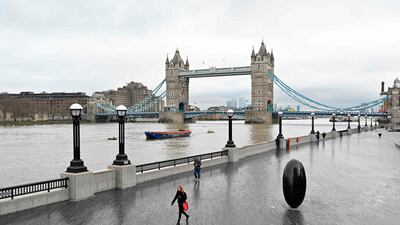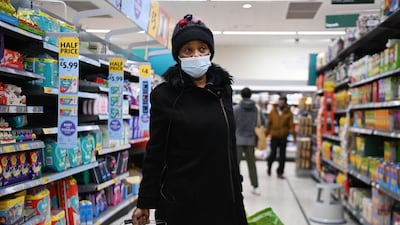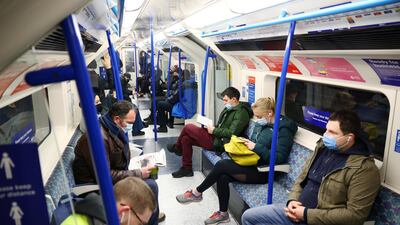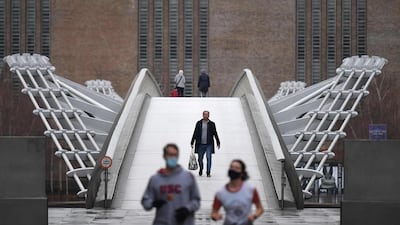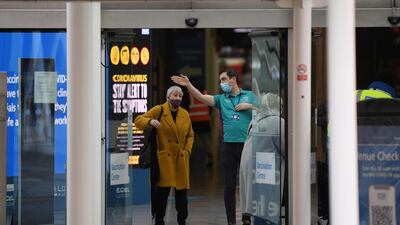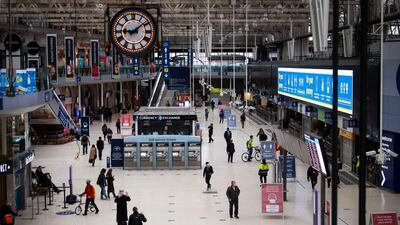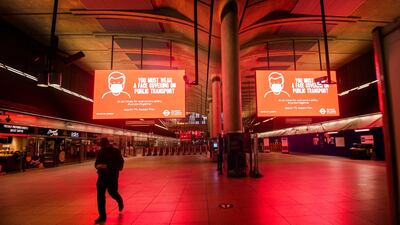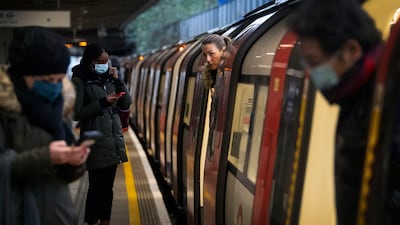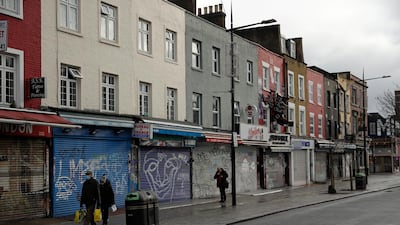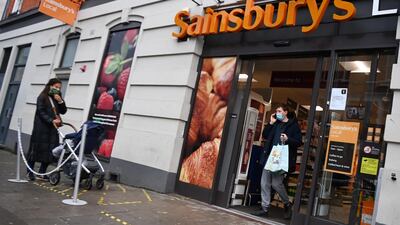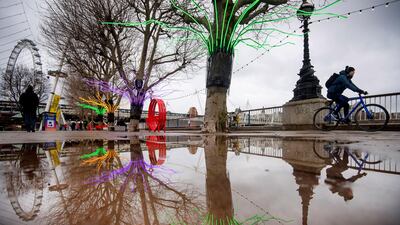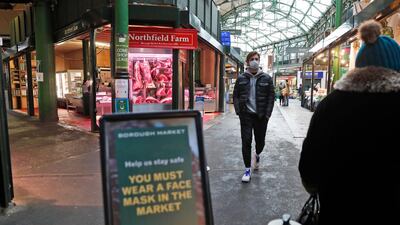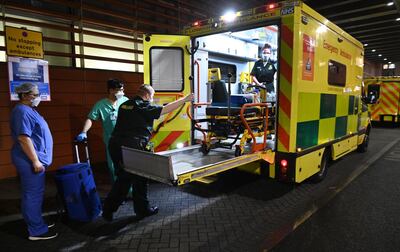Hospital patients will be discharged early to hotels or their own homes to clear beds for coronavirus sufferers under emergency plans to prevent the collapse of Britain’s National Health Service.
Health Secretary Matt Hancock said hospital chiefs were “looking at all options” to meet the demand for hospital beds.
Under the “home and hotel plan”, patients would be discharged early to hotels or their own home at an unprecedented rate.
Hotel chain Best Western is already accepting Covid-positive patients from King's College hospital in south London. Rob Paterson, chief executive of Best Western, said the company over the weekend spoke to another 26 hospitals desperate for extra bed space.
Health chiefs also plan to ask care homes to start accepting Covid-19 patients, as long as they have been in isolation for two weeks and show no symptoms of the illness.
Patients discharged from hospital will be overseen by volunteer organisations such as St John Ambulance and the British Red Cross, as well as the British Army and any available NHS staff.
Authorities are concerned the country’s hospitals are yet to witness the peak of the winter wave, with more than 35,000 coronavirus patients currently admitted.
Mr Hancock said patients would be discharged early to a home or hotel only “if it’s clinically the right thing”.
"This obviously would be a further back-up plan ... we consider all the options," he told BBC's Radio 4 Today programme.
"This would be for step-down patients, so patients who have been in hospital, who no longer need the full hospital treatment but aren't quite ready to go home."
Mr Hancock said it was unclear when England could begin lifting lockdown restrictions.
Some MPs are pressuring ministers to ease the measures from March 8, but Mr Hancock said an end date was not set in stone.
Meanwhile, London mayor Sadiq Khan warned that an “unsustainable strain” on the NHS would require tougher coronavirus measures.
He wrote to Prime Minister Boris Johnson requesting the closure of places of worship, as well as asking for mandatory mask-wearing in supermarket queues, high streets and other busy outdoor settings.
Mr Johnson said he did not rule out tougher restrictions if the situation did not improve.
In Scotland, First Minister Nicola Sturgeon announced rules over takeaway and click-and-collect services would tighten. From Saturday, only shops selling essential items can offer click and collect, while takeaways are no longer allowed to serve customers indoors.
Some shops in England are tightening safety measures on their own accord. Sensing a "change in tone" from the government, major department store John Lewis suspended its click-and-collect services, while supermarket Waitrose will more strictly enforce mask-wearing in its outlets.
The government is hoping to approve 24-hour vaccination centres to speed up the inoculation programme and ultimately end restrictions.
"We’ll be going to 24/7 as soon as we can," Mr Johnson told MPs.
However, there have been conflicting messages from the government, with Mr Hancock previously playing down the prospect of round-the-clock facilities, saying people preferred to get vaccinated during the day.
Vaccines Minister Nadhim Zahawi said the 24-hour plan was currently unlikely to happen. “Obviously, when we have limited vaccine volume, we do not want staff standing around waiting for people in centres that are open 24 hours,” he said.
